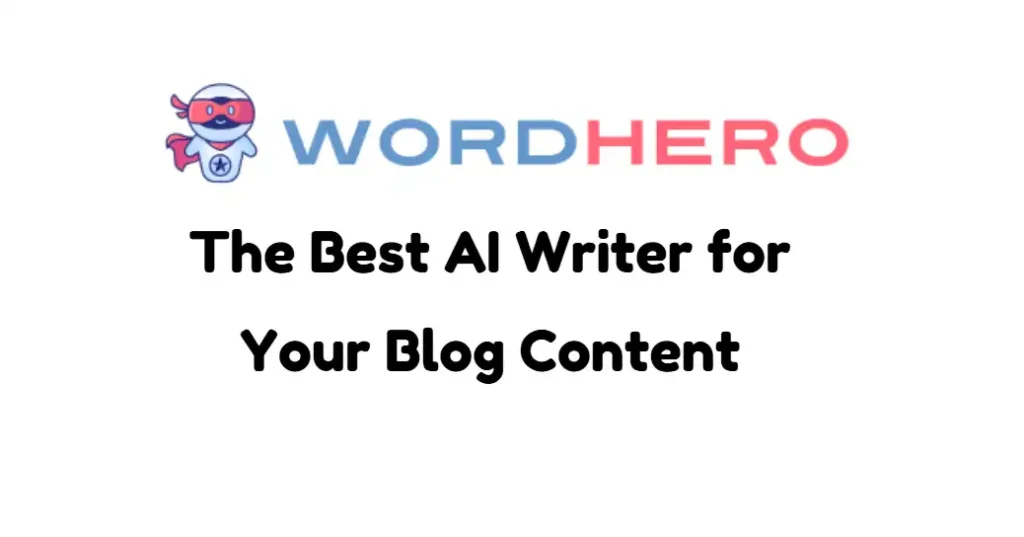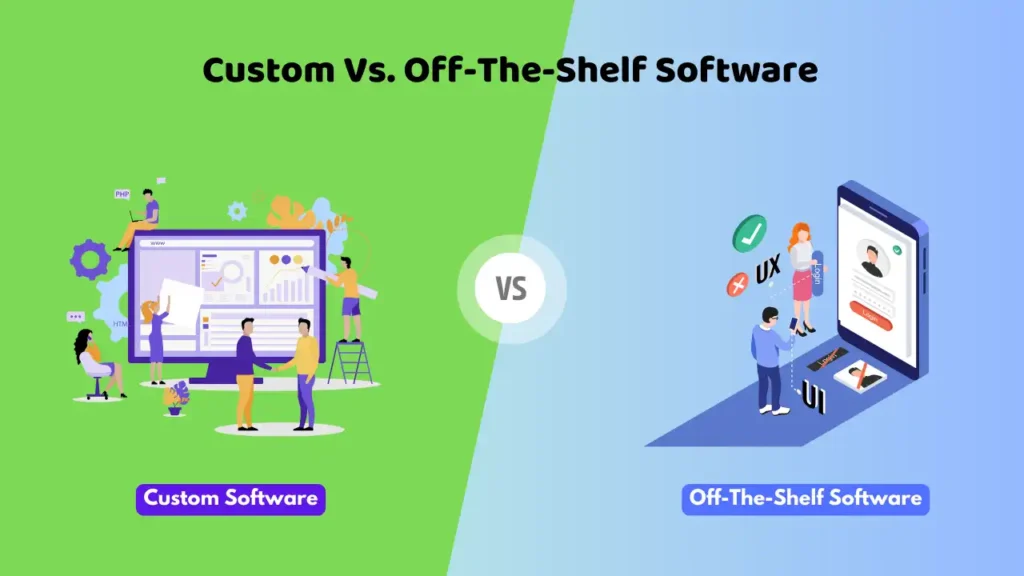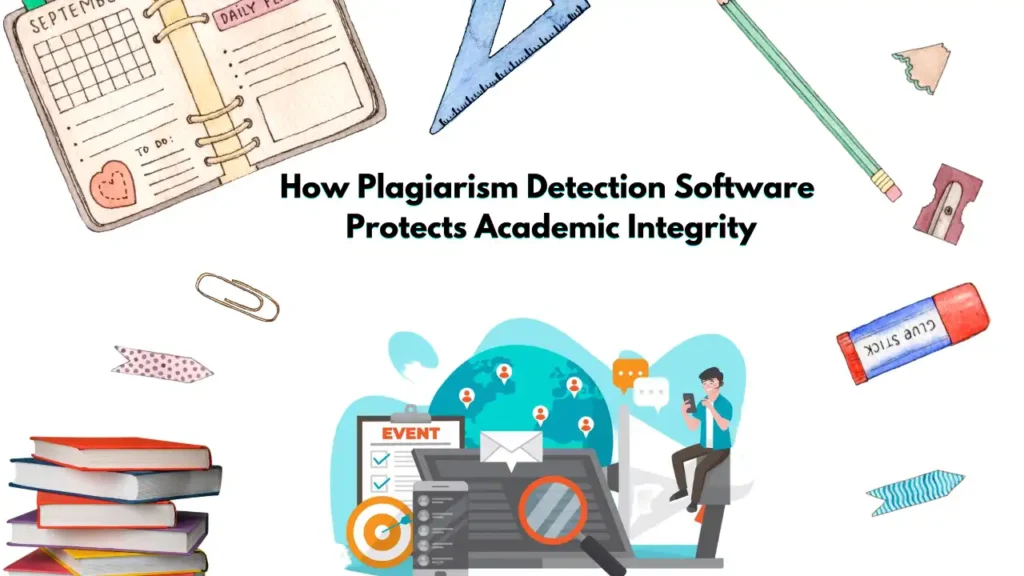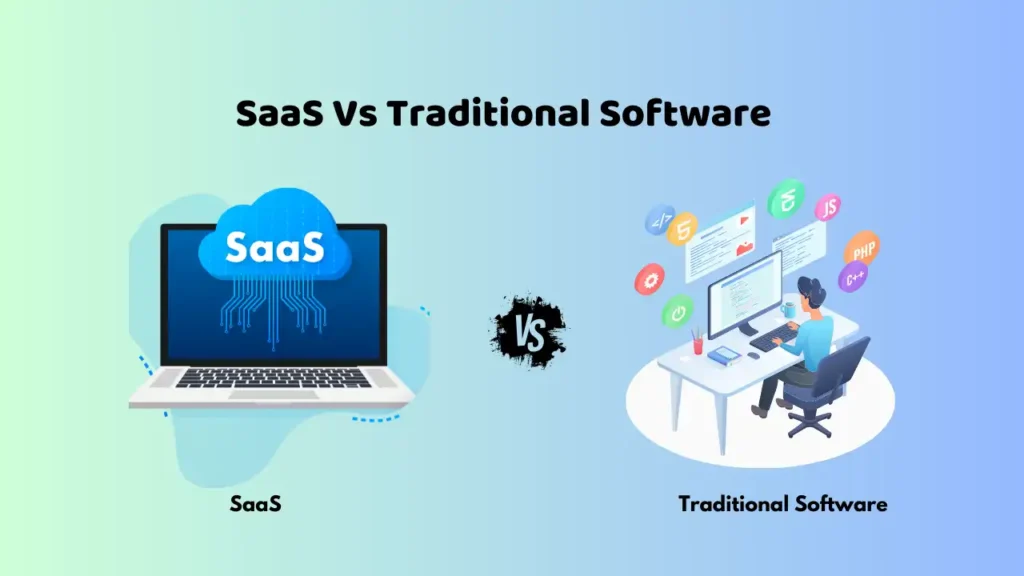AI-powered writing tools have become essential for writers, marketers, and business owners looking to streamline their content creation process. Two popular options in this space are WordHero and ChatGPT. But how do you choose between them?
After testing both tools, I’ve broken down their key features, strengths, and weaknesses to help you decide which one suits your needs best.
In this article, you’ll find a brief comparison, followed by a more detailed breakdown of each tool’s functionality.
The Difference Between WordHero and ChatGPT
At first glance, WordHero and ChatGPT may seem similar—they both use AI to assist with writing. However, they cater to slightly different use cases.
WordHero is designed to help content creators with generating long-form articles, blog posts, and copywriting. It focuses on providing quick, customizable content generation to help users create quality text in minutes.

ChatGPT, developed by OpenAI, is a more versatile conversational AI. It excels at a variety of tasks, from answering questions to generating creative content. While it’s not specifically tailored to writing (though it does well at it), it provides a wider range of applications, including interactive dialogue, coding, and learning assistance.

So, which one should you choose? Let’s dive deeper.
Reasons to Choose WordHero | Reasons to Choose ChatGPT
| WordHero | ChatGPT |
| Fast, long-form content generation | Versatile and adaptable for a variety of tasks |
| User-friendly interface with customizable templates | Advanced conversational AI capabilities |
| Focused on content creation and copywriting | Great for answering questions and brainstorming ideas |
| Affordable pricing plans | Can generate unique responses based on context |
| Large selection of niche content tools | Free access with premium features available |
More Detailed Breakdown of Key Differences:
Content Generation:
WordHero shines in generating high-quality content quickly. Its interface offers templates for blog posts, social media copy, and even product descriptions. You simply input a few key words or ideas, and WordHero takes care of the rest.
- Strengths of WordHero:
- Excellent for creating long-form content like blog posts, articles, and guides.
- Pre-built templates simplify the writing process for common content types.
- Great for SEO-driven content, offering keyword-focused suggestions.
- Quick content generation that can save hours of writing time.
ChatGPT, on the other hand, requires a more conversational approach. While it can generate content, you need to be specific about what you want it to write. It’s not as “turnkey” as WordHero but excels in creating unique, context-aware content.
- Strengths of ChatGPT:
- Flexible and capable of adapting to different content formats.
- Great for brainstorming, content ideation, and interactive Q&A.
- Excellent for generating creative content, such as stories, essays, and marketing copy.
- Strong contextual understanding—can adjust writing based on prior conversation or feedback.
Customization
With WordHero, customization is built into the platform. You can fine-tune the content style, tone, and structure by selecting specific templates, making it easier to adapt to different writing needs.
ChatGPT doesn’t offer as much direct customization. However, it’s still very flexible when it comes to adjusting your prompts. For example, you can guide it to write in different styles or tones, but this requires more manual input compared to WordHero.
AI Capabilities
WordHero is optimized for content generation, which makes it great for people who need consistent, high-quality articles. It doesn’t have the broad range of tasks that ChatGPT can handle, but it does excel in its niche.
ChatGPT is a general-purpose AI that excels in conversational abilities, answering questions, and brainstorming ideas. It’s great for those who need more interactive assistance. For instance, you can ask ChatGPT to explain a topic, help with coding, or even engage in casual conversation, all while still producing written content.
Speed and Ease of Use
WordHero is known for its simplicity and speed. Once you input a few keywords, it can generate entire articles in seconds. This makes it ideal for those who need a lot of content quickly.
ChatGPT might take slightly longer to produce content because of its conversational nature. You need to guide it with specific prompts, and depending on the complexity of the task, it may require multiple iterations to get the desired result.
Collaboration and Team Features:
If you’re managing a team of content creators or working with clients, collaboration features become important.
WordHero allows easy integration with tools like Google Docs and offers options to export your content directly. However, it’s more focused on individual use, meaning there are fewer collaboration tools built into the platform.
ChatGPT is built around interaction, so collaborating often involves manual input from multiple team members. However, its flexibility allows for a more collaborative brainstorming session, especially when discussing various topics or asking for feedback on drafts.
Pricing and Plans:
WordHero offers an affordable pricing structure with plans starting from around $49/month for unlimited content generation, which is great for individuals or teams that need frequent content. Appsumo also offers a Wordhero Lifetime Deal for only $89
ChatGPT has a free tier, with access to basic features. For more advanced functionality (like access to GPT-4), users will need to opt for the ChatGPT Plus plan, priced at $20/month. While more affordable than many premium tools, ChatGPT’s pricing can add up depending on usage. Check ChatGpt price
Verdict:
Here’s where things stand:
- Choose WordHero if you are looking for a fast, easy-to-use tool that can generate long-form content and is focused on content creation. Its templates and customization options make it ideal for content marketers, bloggers, and businesses that need high-quality writing at scale.
- Choose ChatGPT if you want a more versatile AI tool that goes beyond writing. It’s perfect for users who need a flexible, all-around assistant for brainstorming, research, learning, and writing. It’s ideal for people who value interaction and customization in their AI tools.
Best Use Cases for WordHero vs ChatGPT
Now that we’ve explored the key features of both tools, let’s look at the best use cases for each:
Best Use Cases for WordHero
- High-Volume Content Creation: WordHero is perfect for generating a lot of content in a short amount of time. If you need a blog post a day or multiple product descriptions, this is your go-to tool.
- Simple Content Needs: If you need a no-fuss solution for writing product descriptions, landing pages, or standard blog posts, WordHero will get the job done quickly and efficiently.
- Affordable Option: For anyone on a budget, WordHero is a great choice, especially when considering its pricing on AppSumo.
Best Use Cases for ChatGPT
- Personalized Content: If you need content that resonates with a specific audience, ChatGPT’s ability to adapt to tone and context makes it a fantastic choice.
- Creative Writing and Storytelling: ChatGPT can handle creative tasks like writing stories, and poems, or even crafting compelling narratives that feel authentic and engaging.
Brainstorming and Research: ChatGPT’s strength lies in its versatility. It can help you brainstorm ideas, conduct research, or even answer complex questions on the fly.
Final Thoughts
Both WordHero and ChatGPT have their unique strengths. WordHero is a great option for fast content generation, while ChatGPT provides more diverse capabilities for those who want a broader AI tool. Depending on your needs, either could be a great addition to your content creation toolkit.
Ready to try them? Sign up for WordHero or ChatGPT and see which one works best for you.



